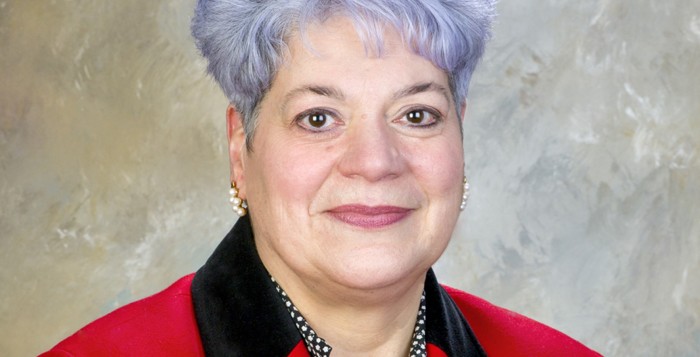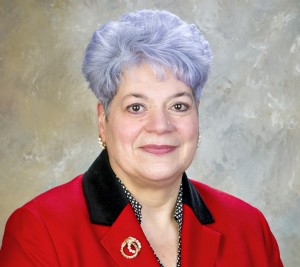In conjunction with the United Way, RCPA forwarded its members a survey regarding how a late state budget was affecting their businesses. United Way did a summary of the survey results, and a quick snapshot of the findings reveal:
- 152 organizations report staff impacts – layoffs, hour reduced, benefits reduced, etc.
– 45 individuals have been laid off or furloughed from F/T employment
– 50 individuals have been laid off or furloughed from P/T employment
– 522 employees had hours reduced
– 73 people are working without pay
– 510 people lost access to employee benefits
- 70 percent of the respondents have between $20,000 and $250,000 per organization that is delayed as a result of the impasse. 19 responded that they are owed more than $1 million each.
- 64 organizations estimated their interest costs through October. They responded in categories; the chart is included in the findings summary linked above. Another 19 shared interest amounts in the comments section that were lower than the base threshold.
- Only 24 percent believe they are eligible for the interest payment relief proposed by the administration.
- A high number of respondents (42%) are not able to access additional lines of credit at this time.
RCPA encourages members to use the survey summary results to contact the governor and your state legislators to inform them why it’s absolutely necessary for them to pass a state budget sooner rather than later. Please contact Jack Phillips with any questions.














